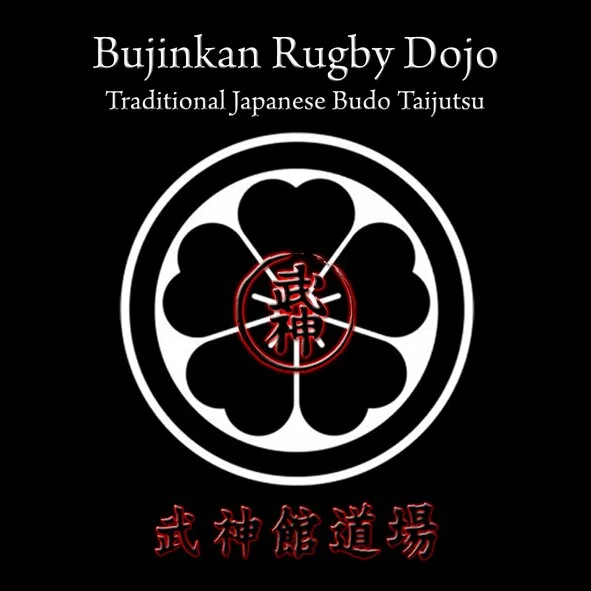In this section of the website you will find a few of the most frequently asked questions we get in the dojo.
The single most common question we get is about how to remember the Japanese terminology that we use in the dojo? The simple answer is you have to learn it over time and with study, You will pick it up but not instantly.
Always ask your instructor to clarify if your unsure what is being demonstrated during lessons and they will be happy to explain. The most important thing is to concentrate on the techniques you are learning and the movements themselves then work out the Japanese name when you have something to relate it to.
To provide an example Ura Gyaku means nothing on its own, you can translate it and find it means inner twist but thats still not much to work with really, an inner twist on what?!
Then when your in the dojo you see an inner wrist lock, which turns into an armbar, twisting the wrist inwards so putting 2 and 2 together you learn that must be Ura Gyaku.
Don't stress yourself out when you first start training with us by thinking you have to speak fluent Japanese, it's definitely something you learn as part of the process of training over time.
What’s your returns policy?
We don't return fees for missed lessons and private bookings without notification 48 hours in advance. This is because we have to book the venue and pay for it regardless of the circumstances.
If you pay for your lesson fees monthly and can't attend a lesson then you will still be liable to pay for the lesson if you dont provide notice at the start of the months billing period, to provide an example if you are going to be on holiday for a week then you wont be charged for that week if you notify us in advance.
If you call up at short notice before a lesson is due to begin saying you can't make the lesson you will be charged, if you pay by the lesson you will still need to pay for the previously missed session. If you pay monthly it will be deducted from your paid lessons as usual.
This is mainly for two reasons, to cover the operating cost of the dojo and also to keep students dedicated to training.
If you buy products from our shop Ningu then you are subject to the outlined terms and conditions on the web site www.ningu.co.uk and standard returns procedure.
We only accept returns in the event of faulty or damaged goods, Not under any other circumstances.
Do you have to be an athlete to train?
The short answer is no, you don't have to be super fit to train in Bujinkan Budo Taijutsu.
We all train for different reasons, some people to get fit, some to learn practical self defence techniques, others to follow a traditional martial arts lineage or maybe they are just looking to try something new.
Whatever your reason for training you always have to start somewhere so age, weight, fitness level or previous martial arts experience are definitely not a restriction.
We do ask that when you join you fill out a membership form disclosing relevant convictions and a general health questionnaire as some mental health conditions and criminal convictions will restrict you from training.
Mental health conditions are somewhat more complex but the general rule is that if your training could make you a danger to yourself or other people then we can't allow it for obvious reasons.
Their are some restrictions on what children learn as we teach them a revised version of the syllabus specifically tailored to aid balance, coordination, fitness and agility as well as learning strikes, dynamic kicking and techniques. Their is limited exposure to some foam weaponry mainly foam bokken (sword), foam Bo staff and foam Nunchaku.
Are their religious aspects to the Koto Dama (Spiritual Prayer) performed at the beginning of a lesson?
I've been asked this question a few times due to peoples beliefs and them worrying that by performing the Koto Dama they could be doing something detrimental in the eyes of their religious system.
The Bujinkan is not a religious organisation or a cult in any manner, the Koto Dama when translated is roughly asking for balance to be found in the universe and for our training to help us find unity between body and mind. It's not about praying to gods or deities but more asking that we find the balance between light and dark so that we can be enlightened by the experience.
It was described by Soke in a recent article by Dai Shihan Sean Askew as being described as being in two states "Araburu" - Unbalanced and Rough and "Chihayaburu" - Balanced and central like a spinning top.
You have to be aware of the Araburu influence on your technique and the temptation to be sloppy and use brute force, at this point you are out of balance. You need to bring yourself back in balance with Chihayaburu and become centred once again to train properly with proper Taijutsu. Its not just about physical discipline but mental discipline as well.
If you would prefer not to participate in the Koto Dama then please simply let the instructor know


